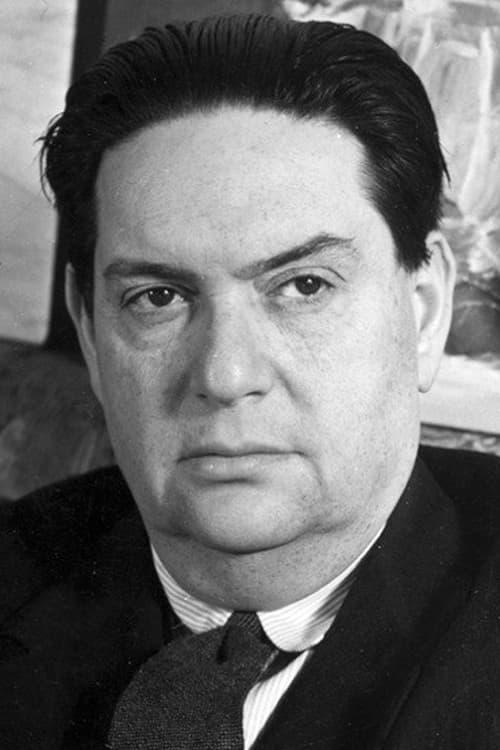
Darius Milhaud
Nacimiento : 1892-09-04, Marseille, Bouches-du-Rhône, France
Muerte : 1974-06-22
Historia
Darius Milhaud (4 September 1892 – 22 June 1974) was a French composer, conductor, and teacher. He was a member of Les Six—also known as The Group of Six—and one of the most prolific composers of the 20th century. His compositions are influenced by jazz and Brazilian music and make extensive use of polytonality. Milhaud is considered one of the key modernist composers. A renowned teacher, he taught many future jazz and classical composers, including Burt Bacharach, Dave Brubeck, Philip Glass, Steve Reich, Karlheinz Stockhausen and Iannis Xenakis among others.
Milhaud was born in Marseille, the son of Sophie (Allatini) and Gad Gabriel Milhaud. His father was from an Ashkenazi Jewish family from Aix-en-Provence, and his mother from a Sephardi Jewish family from Italy. Milhaud began as a violinist, later turning to composition instead. Milhaud studied in Paris at the Paris Conservatory where he met his fellow group members Arthur Honegger and Germaine Tailleferre. He studied composition under Charles Widor and harmony and counterpoint with André Gedalge. He also studied privately with Vincent d'Indy. From 1917 to 1919, he served as secretary to Paul Claudel, the eminent poet and dramatist who was then the French ambassador to Brazil, and with whom Milhaud collaborated for many years, setting music for many of Claudel's poems and plays. While in Brazil, they collaborated on a ballet, L'Homme et son désir.
On his return to France, Milhaud composed works influenced by the Brazilian popular music he had heard, including compositions of Brazilian pianist and composer Ernesto Nazareth. Le bœuf sur le toit includes melodies by Nazareth and other popular Brazilian composers of the time, and evokes the sounds of Carnaval. Among the melodies is, in fact, a Carnaval tune by the name of "The Bull on the Roof" (in Portuguese, which he translated to French 'Le boeuf sur le toit', known in English as 'The Ox on the Roof'). He also produced Saudades do Brasil, a suite of twelve dances evoking twelve neighborhoods in Rio de Janeiro. Shortly after the original piano version appeared, he orchestrated the suite.
Contemporary European influences were also important. Milhaud dedicated his Fifth String Quartet (1920) to Arnold Schoenberg, and the following year conducted both the French and British premieres of Pierrot lunaire after multiple rehearsals. And on a trip to the United States in 1922, Milhaud heard "authentic" jazz for the first time, on the streets of Harlem, which left a great impact on his musical outlook. The following year, he completed his composition La création du monde (The Creation of the World), using ideas and idioms from jazz, cast as a ballet in six continuous dance scenes.
In 1925, Milhaud married his cousin, Madeleine (1902–2008), an actress and reciter. In 1930 she gave birth to a son, the painter and sculptor Daniel Milhaud, who was the couple's only child. ...
Source: Article "Darius Milhaud" from Wikipedia in English, licensed under CC-BY-SA 3.0.
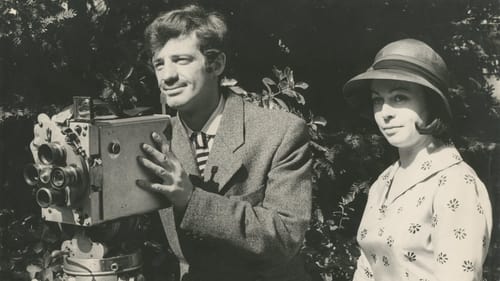
Original Music Composer
An interesting mixture of filmed scenes with Belmondo and archival footage regarding cultural aspects of all kind around Paris, starting at the end of the 19th century and ending in the mid-1960's. Jean-Paul Belmondo leads us through the movie starting as a young photographer around 1900, a reporter in both world-wars and doing fictional interviews with lots of celebrities.
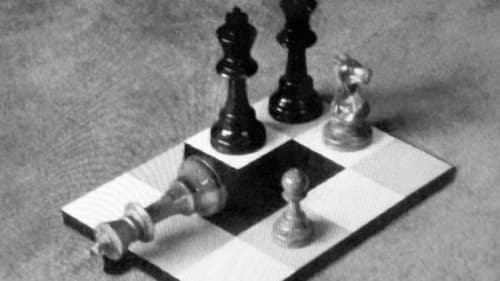
8 x 8: A Chess-Sonata in 8 Movements is an American experimental film directed by Hans Richter, Marcel Duchamp, and Jean Cocteau. Described by Richter as "part Freud, part Lewis Carroll" and filmed partially on the lawn of Duchamp's summer house in Southbury, Connecticut.

Self
Documentary filmmaker Nicole Vedre's first semi-fictional feature was released in France in 1949 as La Vie Commence Demain. The film made it to the U.S. in 1952 as Life Begins Tomorrow. Made in cooperation with UNESCO, the film speculates on the future of mankind after the advent of Atomic Energy. Many prominent French artists and intellects contribute to the narration: Jean-Pierre Aumont plays The Man of Today, Andre Labarthe is the Man of Tomorrow, and Jean-Paul Sartre, Daniel Agache, Jean Rostand, Le Corbusier, Pablo Picasso and Andre Gide are respectively seen as "The Existentialist," "The Psychiatrist,' "The Biologist," "The Architect," "The Artist" and "The Author" (talk about typecasting!) Film clips of hospitals, schoolrooms, scientific laboratories, and even nightclubs are woven into Vedre's fascinating tapestry.

Music
Documentary filmmaker Nicole Vedre's first semi-fictional feature was released in France in 1949 as La Vie Commence Demain. The film made it to the U.S. in 1952 as Life Begins Tomorrow. Made in cooperation with UNESCO, the film speculates on the future of mankind after the advent of Atomic Energy. Many prominent French artists and intellects contribute to the narration: Jean-Pierre Aumont plays The Man of Today, Andre Labarthe is the Man of Tomorrow, and Jean-Paul Sartre, Daniel Agache, Jean Rostand, Le Corbusier, Pablo Picasso and Andre Gide are respectively seen as "The Existentialist," "The Psychiatrist,' "The Biologist," "The Architect," "The Artist" and "The Author" (talk about typecasting!) Film clips of hospitals, schoolrooms, scientific laboratories, and even nightclubs are woven into Vedre's fascinating tapestry.

Original Music Composer
Short documentary on Paul Gauguin by Alain Resnais

Music
The trilogy 'Of Blood, of Pleasure and of Death' (1947-1948), which began with Psyche (1947), the first film, produced by Gregory Markopoulos in 16mm, based on an unfinished novel by Pierre Louÿs, is completed with Lysis and Charmides, both based on Platonic dialogues. Addressing themes of homosexuality, these three films illustrate a symbolic use of colour and composition. (Centre Pompidou)

Original Music Composer
Pintor abstracto, miembro y teórico del grupo Dada en Zúrich y más tarde próximo a la órbita del surrealismo, la obra cinematográfica de Richter experimenta sobre todo con contrapuntos rítmicos y variaciones formales de secuencias de figuras geométricas y abstractas.Este largometraje cuenta la historia de Joe / Narciso (Jack Bittner), un joven con mala suerte, quien renta una habitación y se pregunta cómo pagará el alquiler. Descubre mirándose al espejo, que puede ver el contenido de su mente creando sueños y pone en marcha un negocio vendiendo éstos a la medida para una serie de frustrados y neuróticos clientes.Los “sueños” que vende a son las creaciones de algunos de los más importantes artistas del siglo XX. El resultado es por momentos divertido, hipnótico, satírico, encantador y pesadillesco.Dreams that money can buy es una película en siete segmentos:
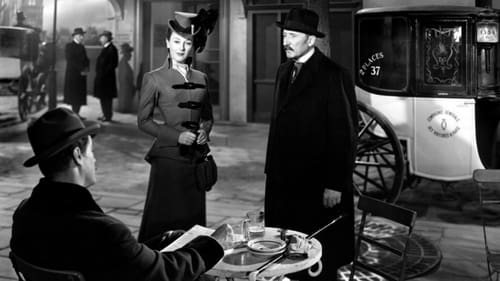
Conductor
El escritor Georges Duroy (George Sanders) pasa por un momento difícil cuando se encuentra con su antiguo compañero de regimiento, Charles Forestier, quien le invita a trabajar con él en su periódico. Duroy no tarda en hacerse un lugar con la ayuda de Madeleine Forestier (Ann Dvorak), la esposa de Charles, y pronto tendrá tiempo para dedicarse a enamorar a mujeres bien posicionadas, con lo que se abrirá paso en el éxito que tanto ansía.

Original Music Composer
El escritor Georges Duroy (George Sanders) pasa por un momento difícil cuando se encuentra con su antiguo compañero de regimiento, Charles Forestier, quien le invita a trabajar con él en su periódico. Duroy no tarda en hacerse un lugar con la ayuda de Madeleine Forestier (Ann Dvorak), la esposa de Charles, y pronto tendrá tiempo para dedicarse a enamorar a mujeres bien posicionadas, con lo que se abrirá paso en el éxito que tanto ansía.
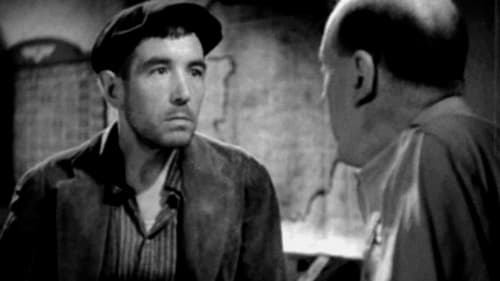
Original Music Composer
España, 1937, durante la Guerra Civil. Un pelotón de soldados republicanos planea detener el avance de las tropas rebeldes bombardeando un puente en la carretera de Zaragoza, cerca de la ciudad de Linás. Con la estrecha colaboración de los campesinos de la zona, los soldados intentan superar los continuos bombardeos y soportar la dura e incansable oposición del poderoso enemigo…

Original Music Composer
Cavalcade D'Amour is divided into three sections, each depicting a romance occurring within the walls of the Chateau de Champs. Legend has it that whoever marries in the Chateau is doomed to an unhappy life. This proves to be the case in 1639 and 1839, but the heroine of the 1939 segment, Corinne Luchaire, is determined to break the jinx. She is convinced that she will prove an unsuitable bride for Claude Dauphin, and he is likewise convinced that he will turn out to be an inadequate groom. But the couple's respective families will not be dissuaded, and the marriage takes place as scheduled? with unexpectedly happy results!

Sound Director
At the beginning of World War I in a village in the country of La Marne, two families are against the marriage of their children. The war changes the positions.

Original Music Composer
Story of the Siberian monk Gregory Rasputin and the hold he exerted over the court of the last Russian czar, Nicholas.
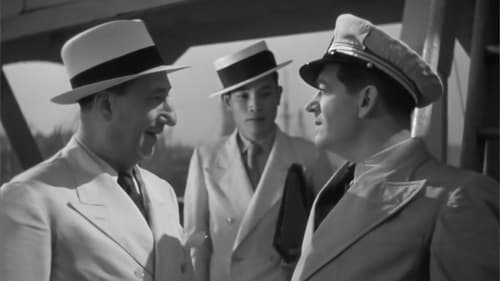
Original Music Composer
Captain Justin Mollenard works for a company that sells armaments to the Far East. After an eventful stay in Shanghai, where he and his cargo are the victim of a malicious attack, he returns to his hometown of Dunkirk. Mollenard receives a frosty welcome from his wife Mathilde, who resents the way in which he has neglected his family for so many years. Mollenard’s only wish is to get back to sea as soon as he can, but a sudden heart-attack leaves him paralysed and entirely in his wife’s power...

Original Music Composer
Parabola is a celebration of film’s ability to create new ways of seeing the forms around us. Creating juxtapositions between light/shadow, stasis/motion, and form/music, this black-and-white short invites us to see the parabolic curve, or “nature’s poetry,” as both invigorating and beguiling.

Original Music Composer
During the students ' rebellion against Nicholas the Second in Russia, Viana tries to kill the governor but it's her lover who is arrested and sent to a sinister fortress : hence the title. To help the prisoner,Vania marries the officer who commands the place. There the convicts have really a bad time, but Vania manages to communicate with her dear captive. But beware of informers.
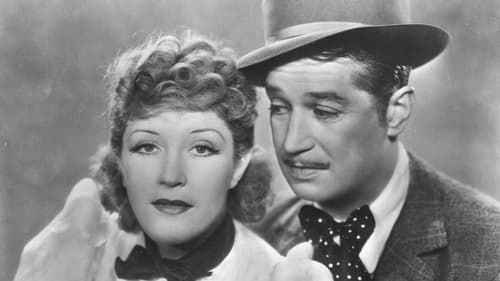
Music
Flying from one charming lady---eluding another---and almost losing both!

Original Music Composer
Gaston, an artist in love with an upper class English girl, accepts to stay away from her when a wealthy rival offers to pay her father's heavy debt. Broken-hearted, he leaves for France with his young servant. They join a young girl as popular musicians and tour the countryside in their way to Paris, where his former love reappears.

Music
Tartarin is the local hero in the small provincial town of Tarascon. He shows off about imaginary adventures in Africa, where he has never been, as a Lion Hunter, which he is only in his imagination. Even though the locals know he has never been to Africa, they keep hoping he will leave one day. After a misunderstanding, and much gossip, everyone thinks that Tartarin plans to actually take the trip.
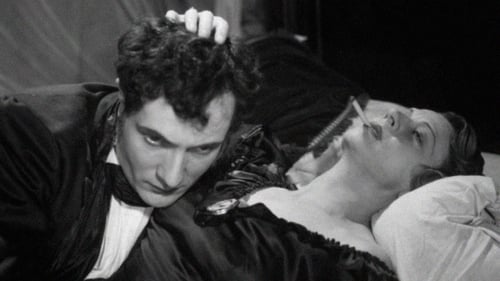
Original Music Composer
Adaptación de la novela de Gustave Flaubert. Emma Rouault, una joven provinciana, se casa con Charles Bovary, un médico que acaba de enviudar, pero no tarda en sentirse insatisfecha y perder el respeto por su marido. Mientras que Bovary es feliz en su rutina de médico pueblerino, Emma tiene otras aspiraciones.
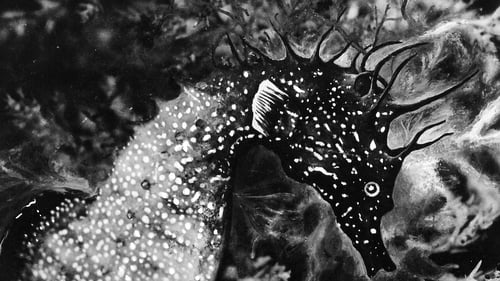
Original Music Composer
Examines the sea horse, the only fish that swims upright. We watch it use its prehensile tail to wrap around plants and other sea horses. A frontal bulge houses organs including an air ballast. Three fins propel this fish. We see a female place her eggs in a male's pouch where they are fertilized and nurtured until birth in violent contractions. Inside the pouch are nurturing blood vessels. We then follow the growth of an embryo, greatly magnified: we examine its heart beating and its dorsal fin moving. Young sea horses attach themselves to each other. The film ends with images of many sea horses moving on the ocean floor, superimposed on a horse race.
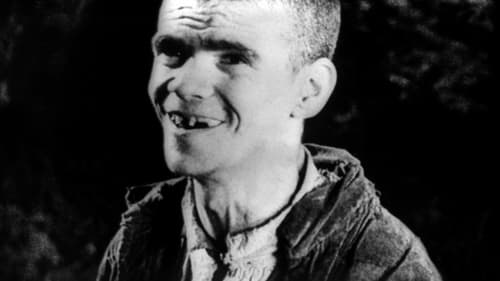
Original Music Composer
Cortometraje documental que hace un retrato de Las Hurdes (Cáceres), una de las regiones más pobres y menos desarrolladas de la España de 1932. La insalubridad, la miseria y la falta de oportunidades provocan la emigración de los jóvenes y la soledad de quienes se quedan en esta desolada región extremeña.

Hans Richter, noted for his abstract shorts, has everyday objects rebelling against their daily routine.
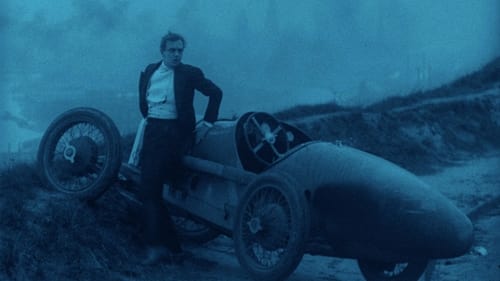
Original Music Composer
“La inhumana” cuenta la fascinación que ejerce una famosa prima donna, Claire Lescot, entre los hombres. Sin embargo, lo importante en esta película muda no es tanto la historia como la celebración de las diversas manifestaciones artísticas de mediados de los años 20. Para realizar este filme, el director contó con la contribución del artista Fernand Léger y el arquitecto Rob Mallet-Stevens.
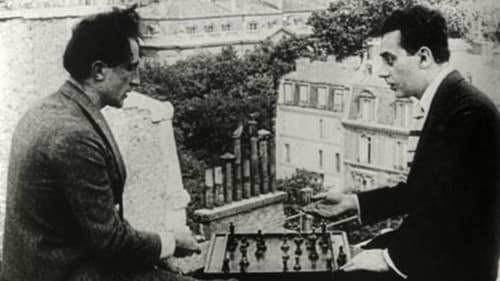
Stop-motion photography blends with extreme slow-motion in Clair's first and most 'dada' film, composed of a series of zany, interconnected scenes. We witness a rooftop chess match between Marcel Duchamp and Man Ray, a hearse pulled by a camel (and chased by its pallbearers) and a dizzying roller coaster finale. A film of contradictions and agreements.
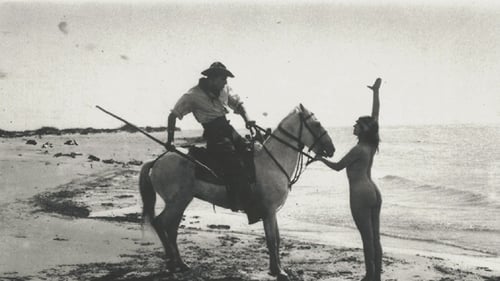
Music
Un bohemio ha hechizado a Livette, la prometida de Renaud, el orgulloso guardián apodado Rey de la Camarga. Renaud quiere castigarlo. Livette se encuentra con el gitano en una cabaña del bosque. Poco después le dicen que su prometido la engaña en un lugar del pantano y hacia allí se dirige, sin advertir el peligro que corre.














